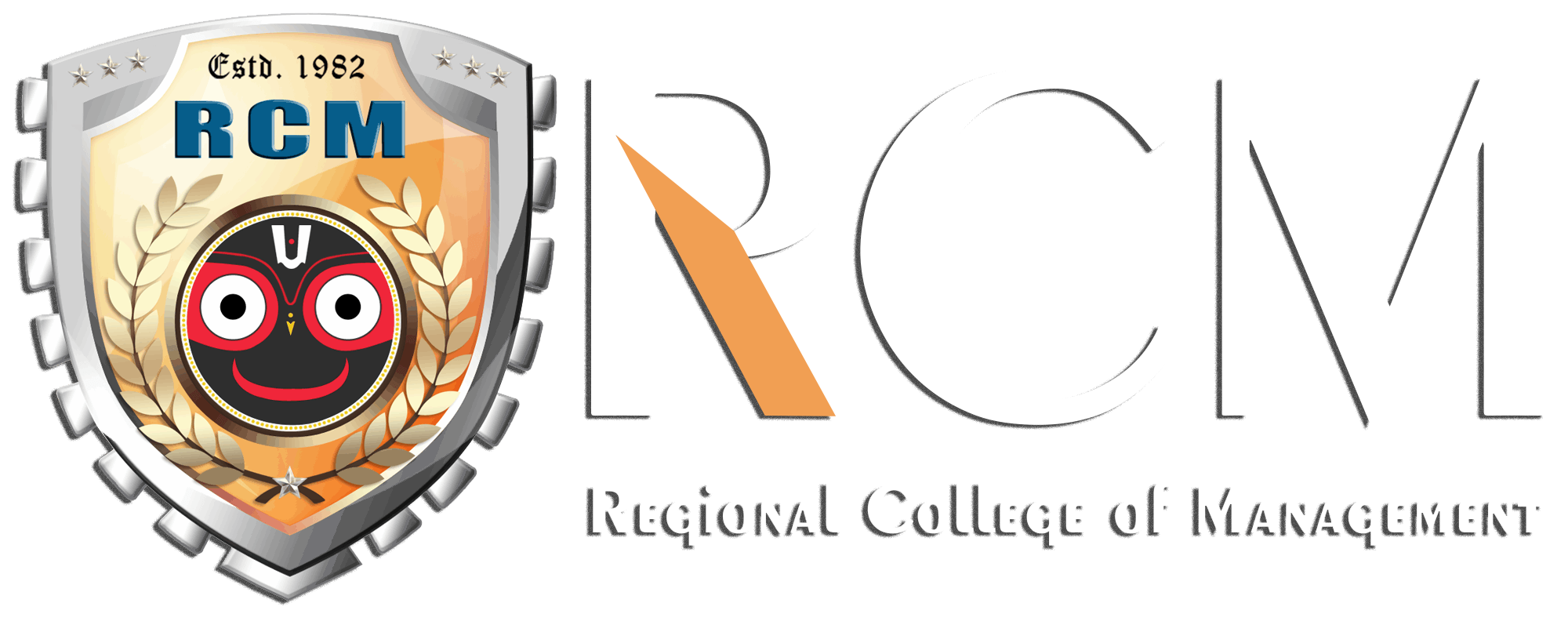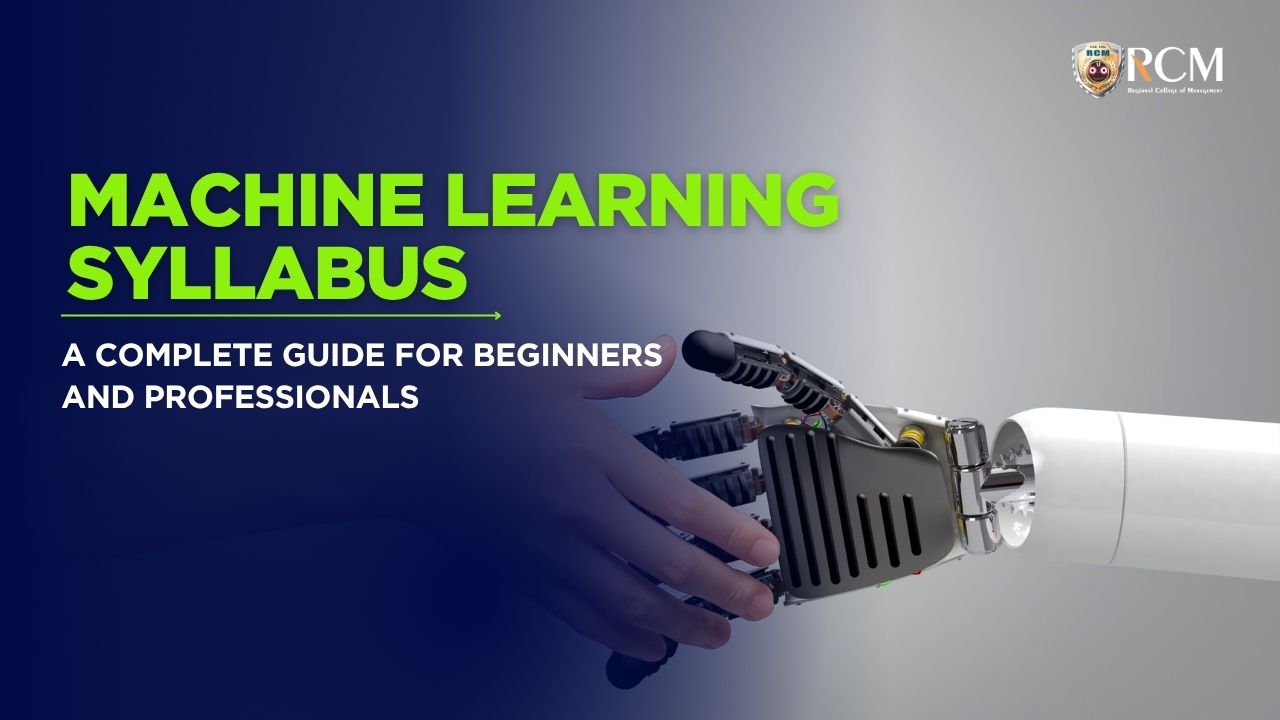Machine Learning (ML) is at the core of the digital revolution, powering today’s intelligent systems—from voice assistants like Alexa to recommendation engines on Netflix and fraud detection in banking. With the rise in demand for data-driven solutions, machine learning courses have become an essential component of modern education.
Quick Insight: According to LinkedIn’s 2024 Emerging Jobs Report, Machine Learning Engineer ranks among the top 5 fastest-growing jobs globally, with over 1.5 million job openings expected in India by 2026.
This guide explores the machine learning syllabus in detail, providing a subject-by-subject breakdown of what you’ll study, whether you’re pursuing a B.Tech, M.Tech, MSc, or professional certification course. We’ll also explore machine learning subjects in UG and PG programs and how they translate to real-world applications.
What is Machine Learning?
Machine Learning is a subset of Artificial Intelligence (AI) that focuses on building systems that learn from data and improve over time without being explicitly programmed. These systems can identify patterns, make decisions, and even predict future outcomes.
Examples include:
- Spam detection in emails
- Credit scoring for loans
- Voice recognition in smart devices
- Product recommendations on e-commerce platforms
Core Machine Learning Syllabus – At a Glance
The machine learning syllabus typically includes the following major components across most courses:
| Module | Description |
| Basics of ML | Introduction, types of learning, history |
| Mathematics | Linear algebra, probability, statistics, calculus |
| Programming | Python, R, Scikit-learn, TensorFlow |
| Supervised Learning | Regression, classification |
| Unsupervised Learning | Clustering, dimensionality reduction |
| Deep Learning | Neural networks, CNNs, RNNs |
| Reinforcement Learning | Markov Decision Processes, Q-learning |
| NLP & Computer Vision | Applications in text and image processing |
| Real-world Projects | Capstone projects, datasets, deployment |
These are the core machine learning subjects that are consistent across universities and online certifications.
Detailed Breakdown of Machine Learning Subjects
Let’s dive deeper into each component of the machine learning syllabus.
1. Introduction to Machine Learning
- Definitions, scope, and evolution of ML
- Types of learning: Supervised, Unsupervised, Reinforcement
- Applications in finance, healthcare, and retail
Example: Learning how Netflix uses collaborative filtering for content recommendations.
2. Mathematics for ML
A strong mathematical foundation is key to mastering ML algorithms.
Topics Include:
- Linear Algebra: Vectors, matrices, eigenvalues
- Probability and Statistics: Bayes theorem, distributions, hypothesis testing
- Calculus: Derivatives, gradients, chain rule
- Optimization: Gradient descent, convex functions
Tip: Many courses recommend “Mathematics for Machine Learning” by Imperial College London on Coursera for foundational skills.
3. Programming & Tools
You’ll learn to implement algorithms and models using:
- Languages: Python (most popular), R, Java
- Libraries: NumPy, Pandas, Matplotlib
- Frameworks: Scikit-learn, TensorFlow, Keras, PyTorch
4. Supervised Learning
One of the first major segments in the machine learning syllabus.
Key Topics:
- Linear Regression: Predicting continuous variables
- Logistic Regression: Binary classification
- Decision Trees & Random Forests
- Support Vector Machines (SVM)
- Model Evaluation: Confusion matrix, accuracy, precision, recall
Use Case: Predicting housing prices using regression models.
5. Unsupervised Learning
Understanding patterns in unlabeled data.
Subjects Covered:
- Clustering: K-means, Hierarchical, DBSCAN
- Dimensionality Reduction: PCA, t-SNE
- Anomaly Detection
💡 Example: Customer segmentation in e-commerce based on purchasing behavior.
6. Deep Learning
Advanced part of the machine learning syllabus for building intelligent systems.
You’ll Learn:
- Neural Networks: Architecture, backpropagation
- Convolutional Neural Networks (CNNs): Image processing
- Recurrent Neural Networks (RNNs): Time series and NLP
- Autoencoders & GANs
Use Case: Face recognition systems in security applications.
7. Reinforcement Learning
An important but often optional module in advanced courses.
Topics Include:
- Q-Learning
- Policy Gradients
- Markov Decision Processes
- Game theory & Strategy Optimization
- Example: AlphaGo’s game strategy using reinforcement learning.
8. Natural Language Processing (NLP)
Making machines understand human language.
- Tokenization, Lemmatization, POS tagging
- TF-IDF, Word2Vec, BERT
- Chatbots and sentiment analysis
Real-world Example: Twitter sentiment classification using NLP.
9. Computer Vision
- Image classification
- Object detection
- Face and gesture recognition
- Video analysis
10. Capstone Projects
Most ML courses end with real-world projects. Common themes:
- Predictive analytics
- Text classification
- Fraud detection
- AI Chatbot development
🎓 Course Structure by Degree Type
🔹 B.Tech in ML/AI
- Duration: 4 years
- Machine Learning syllabus is integrated from the 3rd semester
- Includes internships and minor/major projects
🔹 M.Tech / MSc / MS in ML
- Duration: 2 years
- In-depth focus on algorithm development and research
- Suitable for those pursuing careers in academia or R&D
🔹 PG Diplomas & Certifications
- Duration: 6–12 months
- Focus on practical tools, projects, and industry collaboration
- Flexible for working professionals
💰 Machine Learning Course Fees (India)
| Program Type | Avg. Fees (INR) |
| B.Tech in ML | ₹2–5 Lakhs/year |
| M.Tech/MS | ₹3–6 Lakhs total |
| PG Certificate/Diploma | ₹50K–₹2 Lakhs |
| Online Courses | ₹20K–₹1.5 Lakhs |
📈 Career Opportunities After ML Course
After completing the machine learning syllabus, you can apply for:
| Role | Avg. Salary (INR) |
| ML Engineer | ₹8 – ₹14 LPA |
| Data Scientist | ₹7 – ₹12 LPA |
| AI Specialist | ₹10 – ₹20 LPA |
| Business Intelligence Analyst | ₹6 – ₹10 LPA |
| Computer Vision Engineer | ₹9 – ₹18 LPA |
🏫 Top Institutions Offering Machine Learning in India
Academic:
- IIT Madras – B.Sc. in Data Science and ML
- IIT Hyderabad – M.Tech in AI/ML
- IIIT Bangalore – PG Diploma in ML
EdTech:
- Great Learning – PGP in ML
- upGrad – Advanced Certificate in ML
- Simplilearn – ML Certification with IBM
- Coursera – ML by Andrew Ng (Stanford University)
🧑💻 Real-World Applications of Machine Learning Subjects
🔍 Examples:
- Logistic Regression: Email spam detection
- SVM: Face recognition software
- RNNs: Predicting stock prices
- Clustering: Music recommendations (Spotify)
These machine learning subjects are not just academic—they’re applied in every sector today.
❓ Frequently Asked Questions (Q&A)
Q1: What is the core machine learning syllabus for beginners?
It includes supervised learning, unsupervised learning, Python programming, math foundations, and model evaluation techniques.
Q2: Are machine learning subjects tough?
They require logical thinking and math proficiency, but with the right guidance and practice, they are manageable even for non-tech backgrounds.
Q3: Is deep learning part of every machine learning syllabus?
Most advanced courses include it, but in some beginner-level certifications, it may be offered as an optional module.
Q4: How long does it take to complete the machine learning syllabus?
- Basic certifications: 3–6 months
- PG Diploma: 6–12 months
- Degree programs: 2–4 years
Q5: Which institutions offer the best machine learning syllabus in India?
Top picks include IITs, IIITs, Great Learning, upGrad, and Simplilearn.
🚀 Final Thoughts
Mastering the machine learning syllabus opens up endless career possibilities in today’s tech-driven world. From start-ups to MNCs, every business is hunting for skilled ML professionals who can turn data into decisions. Whether you’re a beginner or a professional upskilling, the right machine learning subjects will pave your way to a successful future.
📢 Call to Action
Looking to dive into ML? Explore detailed syllabi from leading platforms and start your journey today. Invest in the right learning path, and build your future in one of the world’s most in-demand fields.





























